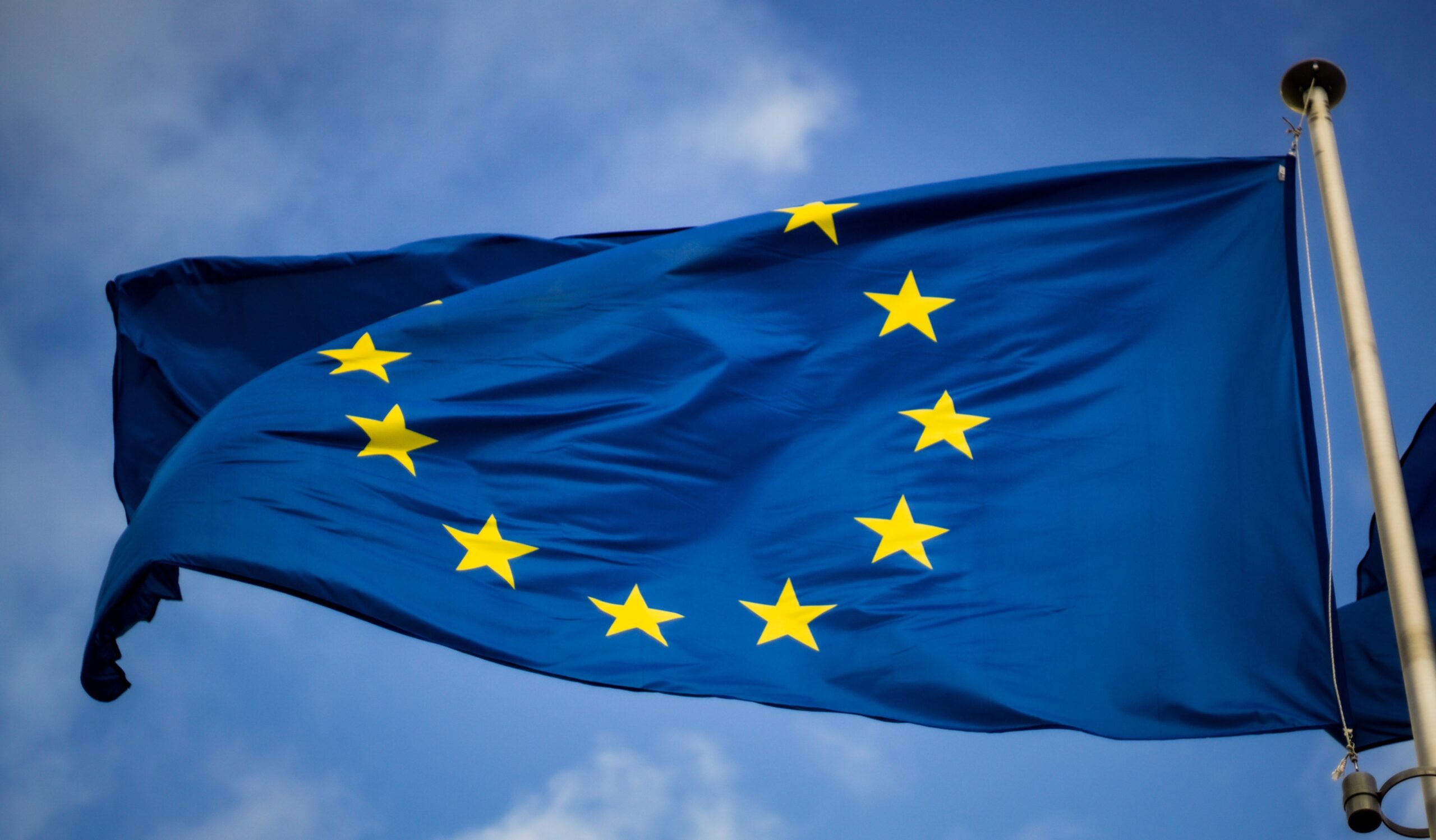The European Union’s Markets in Crypto Assets (MiCA) regulation has received its final approval today.
The new crypto guidelines are expected to be implemented from mid next year.
Today, Tuesday 16 May, finance ministers from the 27 EU member states voted yes on the MiCA rules, with some amendments to transfers of funds and certain assets.
The new regulation will cover utility tokens, asset referenced tokens and ‘stablecoins‘. It will also cover trading providers and wallets where assets are held.
In addition, it’s believed that MiCA will also require identification for all crypto transactions across all of the 27 EU member states.
Sweden’s Elisabeth Svantesson finance minister, which holds the EU presidency, said: “I am very pleased that today we are delivering on our promise to start regulating the crypto-assets sector.
“Recent events have confirmed the urgent need for imposing rules which will better protect Europeans who have invested in these assets, and prevent the misuse of crypto industry for the purposes of money laundering and financing of terrorism.”
MiCA regulatory clarity
Meanwhile, the EU is now miles ahead of the UK and US for digital asset regulation.
The approval of MiCA has been a turning point for crypto and is expected to have long-lasting implications for the industry, including the wider financial sector.
The new MiCA framework has previously been welcomed by the biggest names in the crypto industry.
On 20 April, when MiCA went through first approval, Changpeng Zhao, CEO of the Binance, tweeted: “The European Parliament voted for MiCA to be implemented. This means one of the world’s largest markets is introducing tailored regulations for crypto to protect users and support innovation.
“The fine details will matter, but overall we think this is a pragmatic solution to the challenges we collectively face. There are now clear rules of the game for crypto exchanges to operate in the EU. We’re ready to make adjustments to our business over the next 12-18 months to be in a position of full compliance.”


